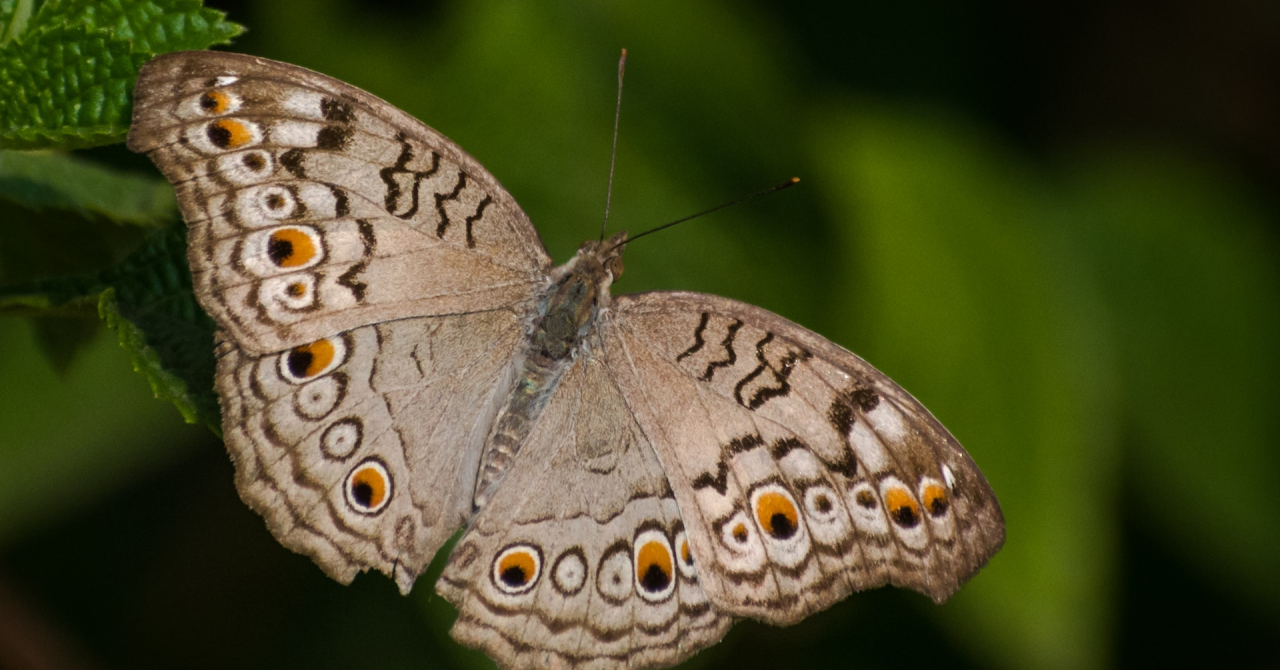The Conversation writes that scientific research so far focused on the pollination that happens during day time, while at night, not much was known as to the activity of pollinators. Thus, researchers recently studied bramble, a plant mostly considered a pest that is widespread across Europe from spring to autumn.
While we may think of it as something that needs to be removed quickly from our gardens, study shows that it is actually a plant rich in nectar for bees, butterflies and other pollinators. Experts suggest that, despite the fact that 83% of the pollination happens during daytime, at night, when moths are almost the only working insects, the pollination rate is actually higher.
This may be due to the fact that moths spend more time on each flower they visit, when compared to bees and butterflies. Despite their importance in nature, 40% of the UK's larger moths are declining in population rapidly, which may mean trouble for the already threatened species of wildflowers.
Moths' caterpillars are also crucial for the ecosystems, as they feed on grass and other plants, shaping an uneven landscape. Essentially, this creates multiple structures in nature, where other plants and insects can thrive, depending on their needs.
We can help moths do their jobs in a few ways, one of which is leaving patches of bramble in our yards, but also on the side of the road and in parks. At the same time, we should limit the amount of artificial lighting that we release during nighttime, both at home and on the street, by dimming or shutting down light sources, where possible. This, scientists say, will help moths stay focused on pollinating.
 Mihai - Cristian Ioniță
Mihai - Cristian Ioniță












Any thoughts?